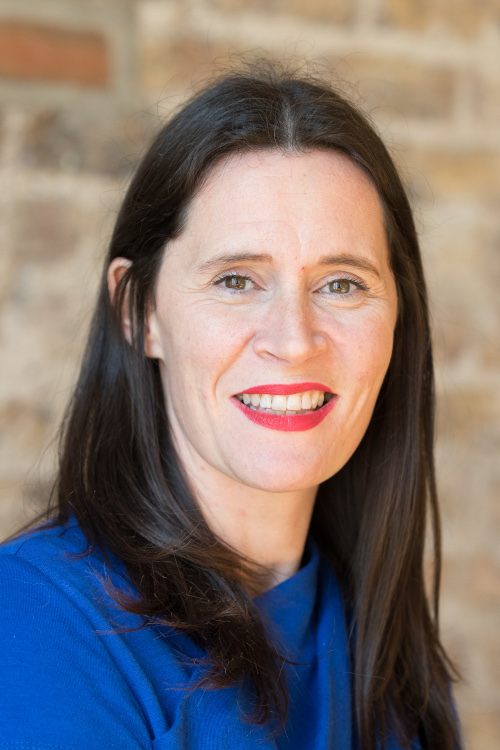Disabled people ‘left behind’ in Covid-19 planning

Sinéad Gibney
Disabled people are being “left behind” and excluded from decision-making when it comes to Covid-19 planning by the State, the Irish Human Rights and Equality Commission has warned.
The watchdog pointed to the issue of school closures and disabled students’ specific educational needs as the latest example of where human rights and equality issues highlighted during previous lockdowns are not being proactively factored into planning for service delivery.
It has renewed its consistent calls for an explicit human rights and equality-based approach to be taken to the provision of public services which is fully inclusive of people with disabilities in line with the statutory public sector equality and human rights duty.
Chief commissioner Sinéad Gibney said: “We have heard the distress of parents and carers of children with disabilities who have suffered because of the decision to shut educational services. For some families, access to education is a more prominent factor in a child’s developmental needs. Suspension of such services can lead to stagnation and regression, and that ground can be difficult or sometimes impossible to recover.
“We understand that these are exceptional times, and truly challenging for those tasked with delivering public services safely. However, when it comes to the balancing of rights in a crisis, it is critical that people with disabilities are not discriminated against. One size does not fit all.
“In the immediate term, it is essential that the practical measures required to give effect to the rights of people with disabilities and to guard against discrimination, indirect or otherwise, are factored into service planning and contingency planning for this acute phase of the Covid-19 crisis.
“In the medium to longer term, the policy measures which can mitigate the kind of disproportionate impact of an event like the Covid-19 pandemic on marginalised groups can be identified and dealt with before they arise, if there is a real commitment to human rights and equality.”







